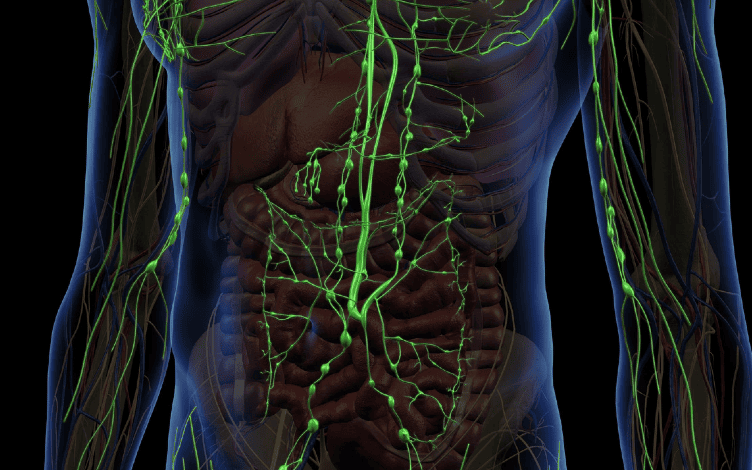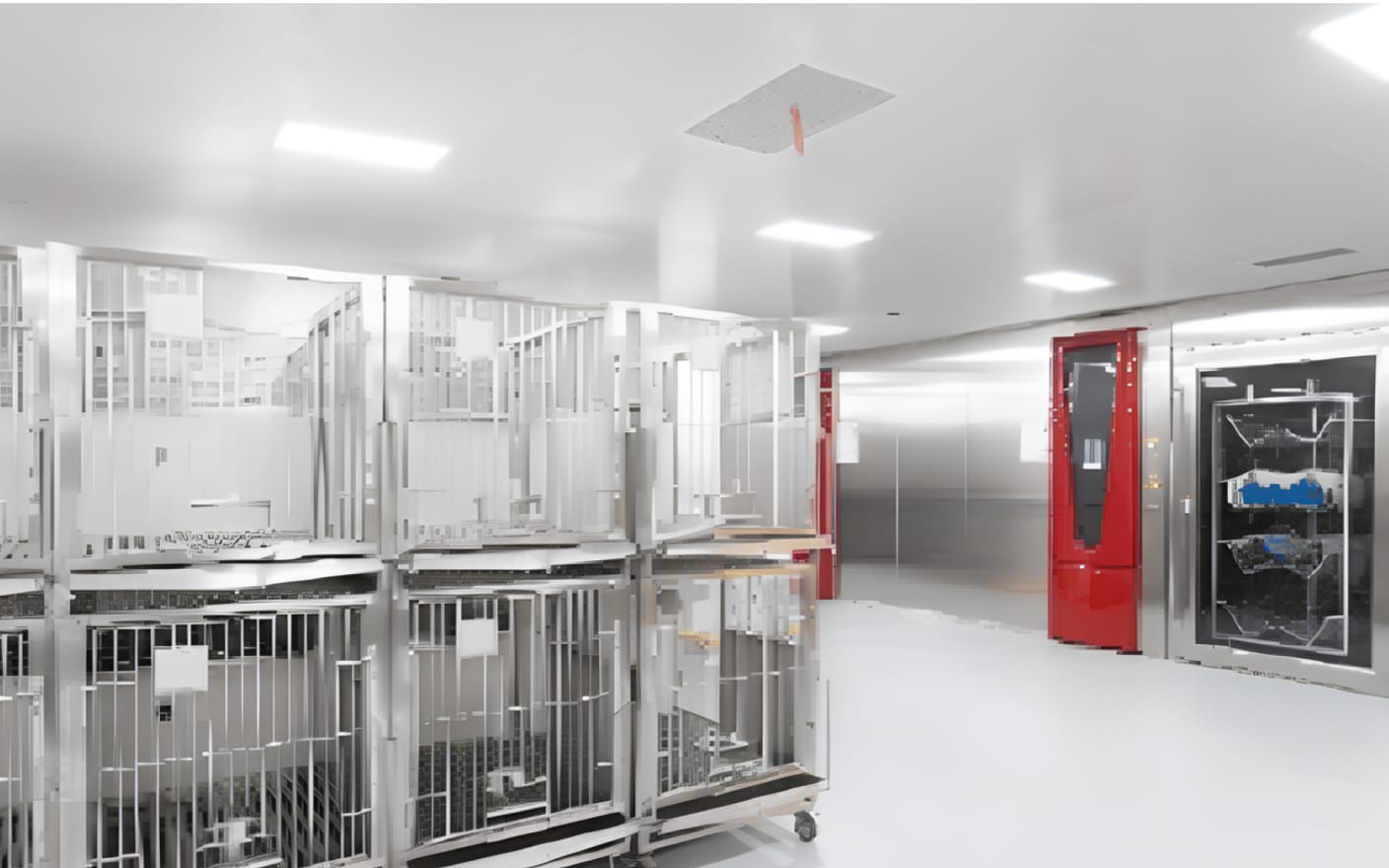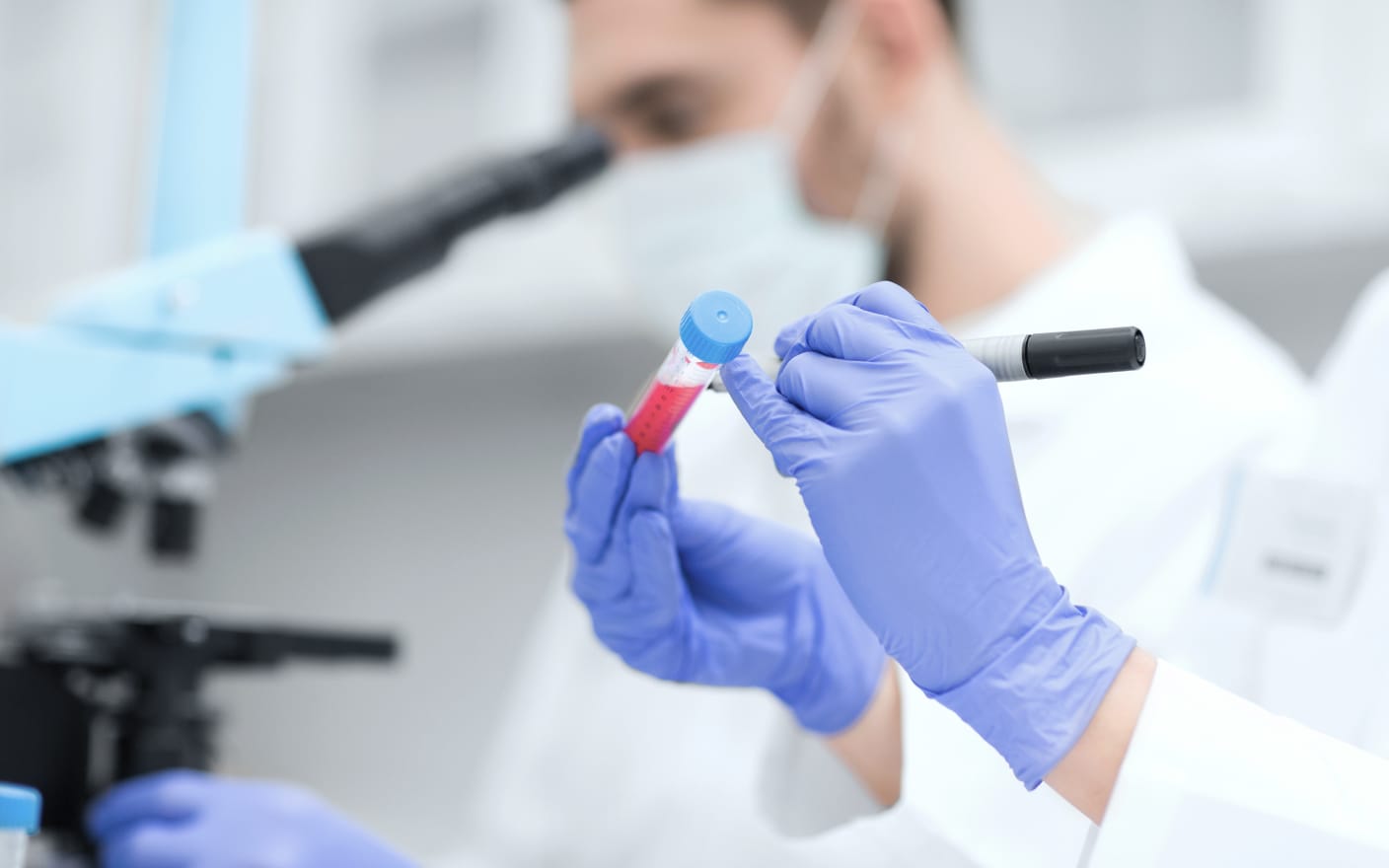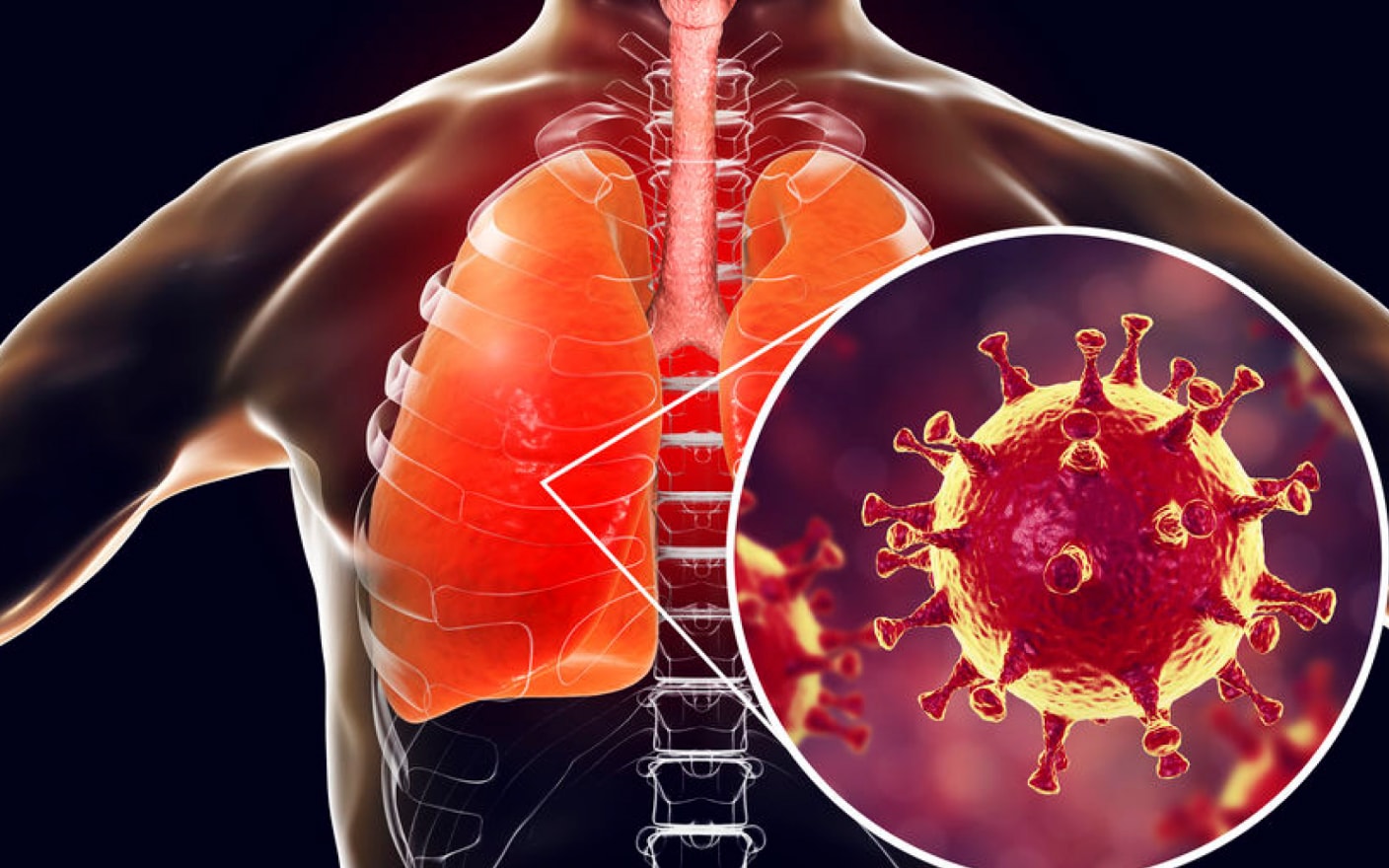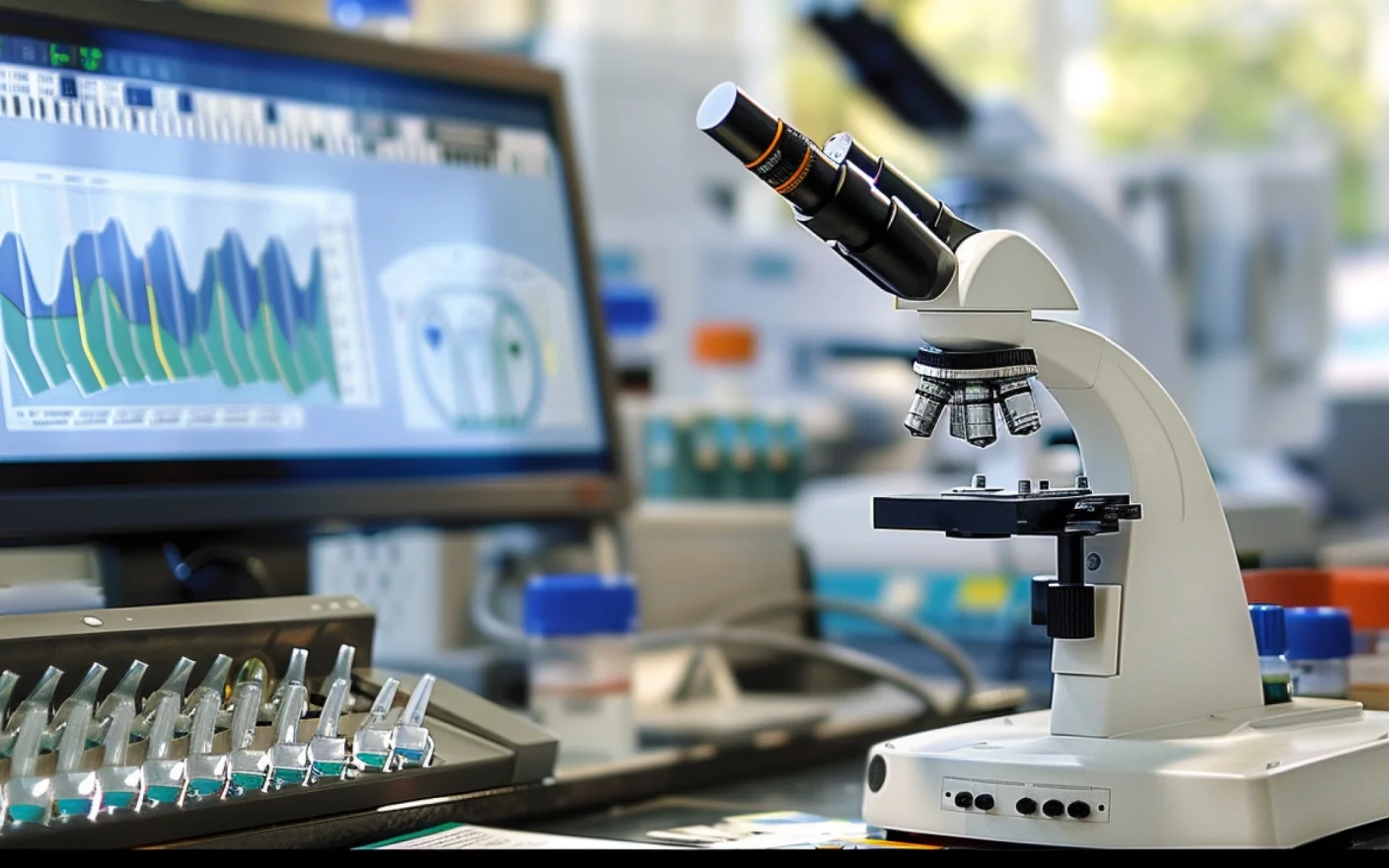WuXi AppTec DMPK is proud to be exhibiting at the International Society for the Study Xenobiotics Meeting on September 21-24, 2025.
About The International ISSX Meeting
The ISSX meeting provides an exceptional opportunity to learn, network, and exchange ideas with researchers from around the world. Interact with a broad representation of international researchers and other scientists who are gaining a deeper understanding of drug metabolism and pharmacokinetics.
We will be located at booth 203.
Featured Presentations
From Science to Solutions: Tackling ADME and Biotransformation Challenges in Novel Therapeutic Modalities & New DMPK Book Launch
Lijuan Hou , Sr. Director | WuXi AppTec DMPK Department
Xin Gu, Ph.D., Associate Director, Drug Metabolism | WuXi AppTec, Laboratory Testing Division, Cranbury, New Jersey, USA
The rise of novel therapeutic modalities—such as challenging small molecules, peptides, oligonucleotides, and ADCs—offers exciting opportunities but also brings complex ADME-PK and biotransformation challenges. In this ISSX Breakfast Symposium, WuXi AppTec's DMPK scientists, contributors to the new Wiley book Drug Metabolism and Pharmacokinetics: Frontiers, Strategies, and Applications, will share practical, modality-specific strategies and real-world case studies, including:
Challenging Small Molecules: Overcoming solubility, recovery, and bioavailability barriers.ADCs: Optimizing in vitro system selection, payload release assessment, and ADME-PK evaluation.TIDES: Applying advanced LCHRMS and proprietary workflows to resolve metabolism complexities.
Learning Objectives:
Identify key ADME-PK and biotransformation challenges across diverse modalities.Apply targeted strategies and analytical methods to improve preclinical study design.Integrate ADME and metabolism insights to enhance development efficiency and clinical translation.
In Vitro Evaluation of Oligonucleotide Metabolism and Plasma Protein Binding (PPB)
Yajuan Bi, Ph.D. | Senior Scientist II, WuXi AppTec DMPK
In vitro metabolic stability and protein binding studies are crucial for optimizing oligonucleotide drugs, as they significantly impact drug delivery, distribution, retention, and safety. However, reported studies have shown inconsistent results in siRNA drug binding due to varying plasma protein binding (PPB) assay methods. This presentation will briefly introduce various systems used for studying the metabolic stability of oligonucleotide drugs and their applicability, as well as different techniques used for protein binding studies and their characteristics. We will highlight the challenges and discrepancies between different PPB assay methods and provide reasons behind the inconsistent PPB findings regarding siRNAs. This presentation aims to improve the reliability of PPB assessments in oligonucleotide drug development and potentially influence future research methodologies.
Radiolabeling Synthesis and ADME Profiling of GLP-1 Analogs: Challenges and Preclinical Insights
Lingling Zhang , Ph.D. | Director, WuXi AppTec DMPK Department
GLP-1 receptor agonists, including mono-, dual-, and triple-receptor analogs engineered through sequence and fatty acid chain modifications, have gained significant momentum in treating type 2 diabetes and obesity. Understanding the absorption, distribution, metabolism, and excretion (ADME) of these large peptides (3,000~6,000 Da) necessitates radiolabeling techniques.
14C is the preferred isotope for GLP-1 analogs, consistent with clinical requirements. However, their low administered doses (0.15~3 mg/kg) demand high specific activity (~200 mCi/mmol). Prolonged half-lives further complicate ADME studies: excretion profiling and quantitative whole-body autoradiography (QWBA) often require >30 days of urine, feces, and carcass collection. Metabolite identification in excreta, bile, and plasma is particularly challenging due to catabolic pathways (e.g., β-oxidation of fatty acid moieties) beyond amide hydrolysis.
This presentation will detail:
Radiolabeling synthesis strategies for linear and cyclic GLP-1 peptides.Complete excretion recovery methodologies in rodents and non-human primates.Key metabolite profiling/identification of modified amino acids and fatty acid chains, supported by case studies.
Our posters
Other Resources
-
Our posters
-
Other Resources
-
Establishment of a Novel Funnel Model for Evaluating Blood-Brain Barrier Penetration In VitroFast Biomimetic High-Performance Liquid Chromatography Method for Evaluating Human Plasma Protein BindingNovel Rat Intrathecal Catheterization Model for Direct Antisense Oligonucleotide (ASO) Drugs Delivery to the Central Nervous SystemRadiolabeling Synthesis and ADME Profiling of GLP-1 Analogs: Strategies and Preclinical InsightsProbing Drug and Metabolite-Covalent Binding with a Non-Radiolabeled Workflow: Osimertinib as an ExampleMeasurement of Phosphoinositide (PIP) Metabolism via Derivatization-Based Liquid Chromatography-Tandem Mass SpectrometryThe Strategy for UGT Enzyme PhenotypingIs the Direct or Indirect Method the Ideal One for Evaluation of Blood to Plasma Ratio?Substrate and System-Dependent Activation of CYP2B6Application of Lecithin(PL90) and Poloxamer 188 in Permeability and P-gp/BCRP-Mediated Drug Interaction Studies in Caco-2 CellsDesorption Strategies in Peptide Formulation Preparation: Insights from In Vitro Adsorption (Non-Specific Binding) Assessment ExperimentsIn Vitro Metabolic Stability Evaluation of PeptidesStrategies for Enhancing Oral Drug Bioavailability: Inter-Individual Variability and Manual Control of Gastric pH in Fasting Cynomolgus MonkeysExploring Cremophor-Induced Allergic Reactions in Beagle Dogs: Mitigation Strategies for Injectable FormulationsPharmacokinetic Comparison of Pemetrexed Administered via Lumbar Intrathecal vs.Cisterna Magna Intubation in Sprague-Dawley RatsIntrathecal Administration Techniques for CNS Delivery in Non-Human Primates:Practical Tools for Oligonucleotide Drug PharmacokineticsPropylene Glycol Dose-Dependent Hemolysis in Intravenous Formulations: Thresholds and Mitigation Strategies in Beagle DogsView More
-
-


Deciphering Nucleoside and Analogs: Mechanisms, Landscape, and Their Phosphates Analysis based on LC-MS/MS
ArticlesFeb 27,2026 -


Research on the Lymphatic Transport: Enhancing Drug Delivery and Absorption via In Vivo Models
ArticlesFeb 16,2026 -


Neonatal Fc Receptor (FcRn): Advances in Autoimmune Therapeutics and Analytical Strategies
ArticlesFeb 10,2026
-
Related Services and Platforms




-

 In Vitro ADME ServicesLearn More
In Vitro ADME ServicesLearn More -

 In Vivo PharmacokineticsLearn More
In Vivo PharmacokineticsLearn More -

 MetID (Metabolite Profiling and Identification)Learn More
MetID (Metabolite Profiling and Identification)Learn More -

 Radiolabeled In Vivo ADME StudyLearn More
Radiolabeled In Vivo ADME StudyLearn More -

 DMPK BioanalysisLearn More
DMPK BioanalysisLearn More -

 Physicochemical Property StudyLearn More
Physicochemical Property StudyLearn More -

 Permeability and Transporter StudyLearn More
Permeability and Transporter StudyLearn More -

 Drug Distribution and Protein Binding StudiesLearn More
Drug Distribution and Protein Binding StudiesLearn More -

 Metabolic Stability StudyLearn More
Metabolic Stability StudyLearn More -

 Drug Interactions StudyLearn More
Drug Interactions StudyLearn More -

 Rodent PK StudyLearn More
Rodent PK StudyLearn More -

 Large Animal (Non-Rodent) PK StudyLearn More
Large Animal (Non-Rodent) PK StudyLearn More -

 Clinicopathological Testing Services for Laboratory AnimalsLearn More
Clinicopathological Testing Services for Laboratory AnimalsLearn More -

 High-Standard Animal Facilities and Animal WelfareLearn More
High-Standard Animal Facilities and Animal WelfareLearn More -

 Preclinical Formulation ScreeningLearn More
Preclinical Formulation ScreeningLearn More -

 In Vitro MetID (Metabolite Profiling and Identification)Learn More
In Vitro MetID (Metabolite Profiling and Identification)Learn More -

 In Vivo MetID (Metabolite Profiling and Identification)Learn More
In Vivo MetID (Metabolite Profiling and Identification)Learn More -

 Metabolite Biosynthesis and Structural CharacterizationLearn More
Metabolite Biosynthesis and Structural CharacterizationLearn More -

 Metabolites in Safety Testing (MIST)Learn More
Metabolites in Safety Testing (MIST)Learn More -

 Radiolabeled MetID (Metabolite Profiling and Identification)Learn More
Radiolabeled MetID (Metabolite Profiling and Identification)Learn More -

 Radiolabeled Non-Clinical In Vivo ADME StudyLearn More
Radiolabeled Non-Clinical In Vivo ADME StudyLearn More -

 Quantitative Whole-body Autoradiography (QWBA)Learn More
Quantitative Whole-body Autoradiography (QWBA)Learn More -

 Human Radiolabeled Mass Balance StudyLearn More
Human Radiolabeled Mass Balance StudyLearn More -

 Radiolabeled Compound SynthesisLearn More
Radiolabeled Compound SynthesisLearn More -

 Novel Drug Modalities BioanalysisLearn More
Novel Drug Modalities BioanalysisLearn More -

 Small Molecules BioanalysisLearn More
Small Molecules BioanalysisLearn More -

 Bioanalytical Instrument PlatformLearn More
Bioanalytical Instrument PlatformLearn More
Stay Connected
Keep up with the latest news and insights.
Submission successful!
We will send you an email with all the posters from this conference once they are ready. Thank you!
-
ok






